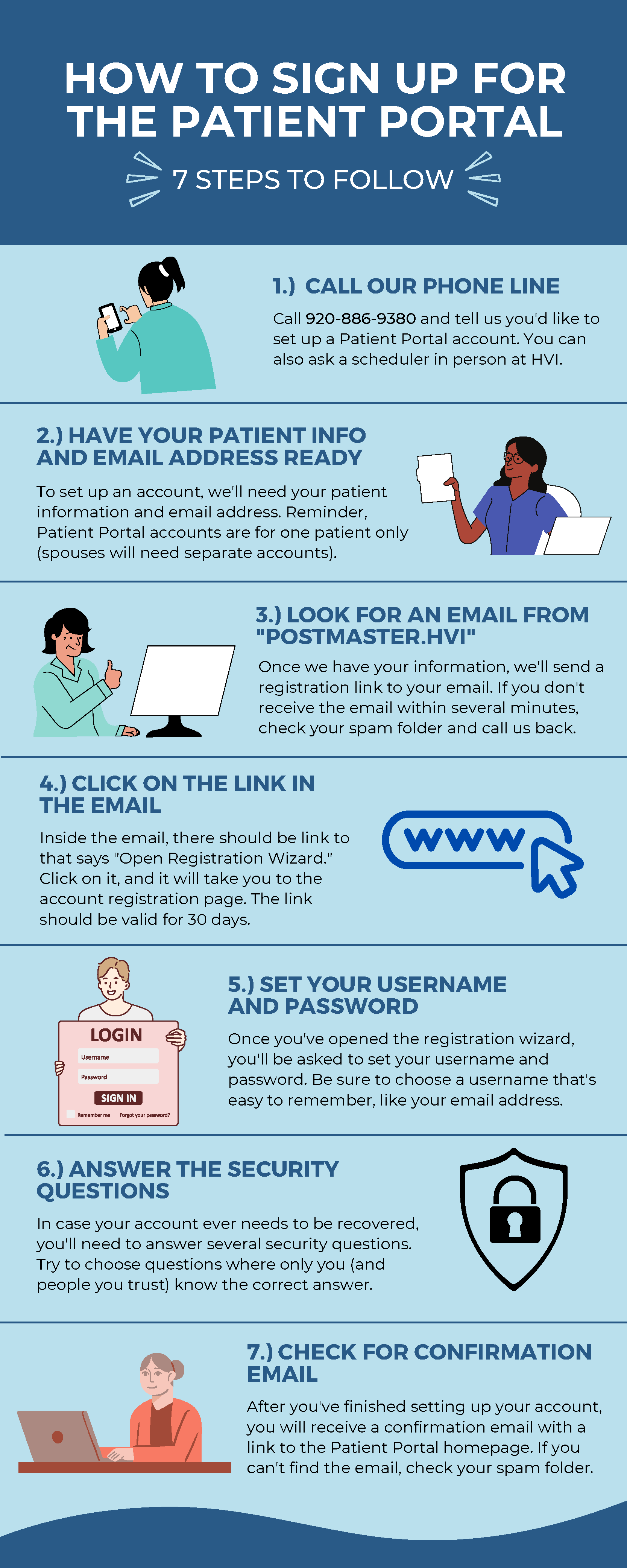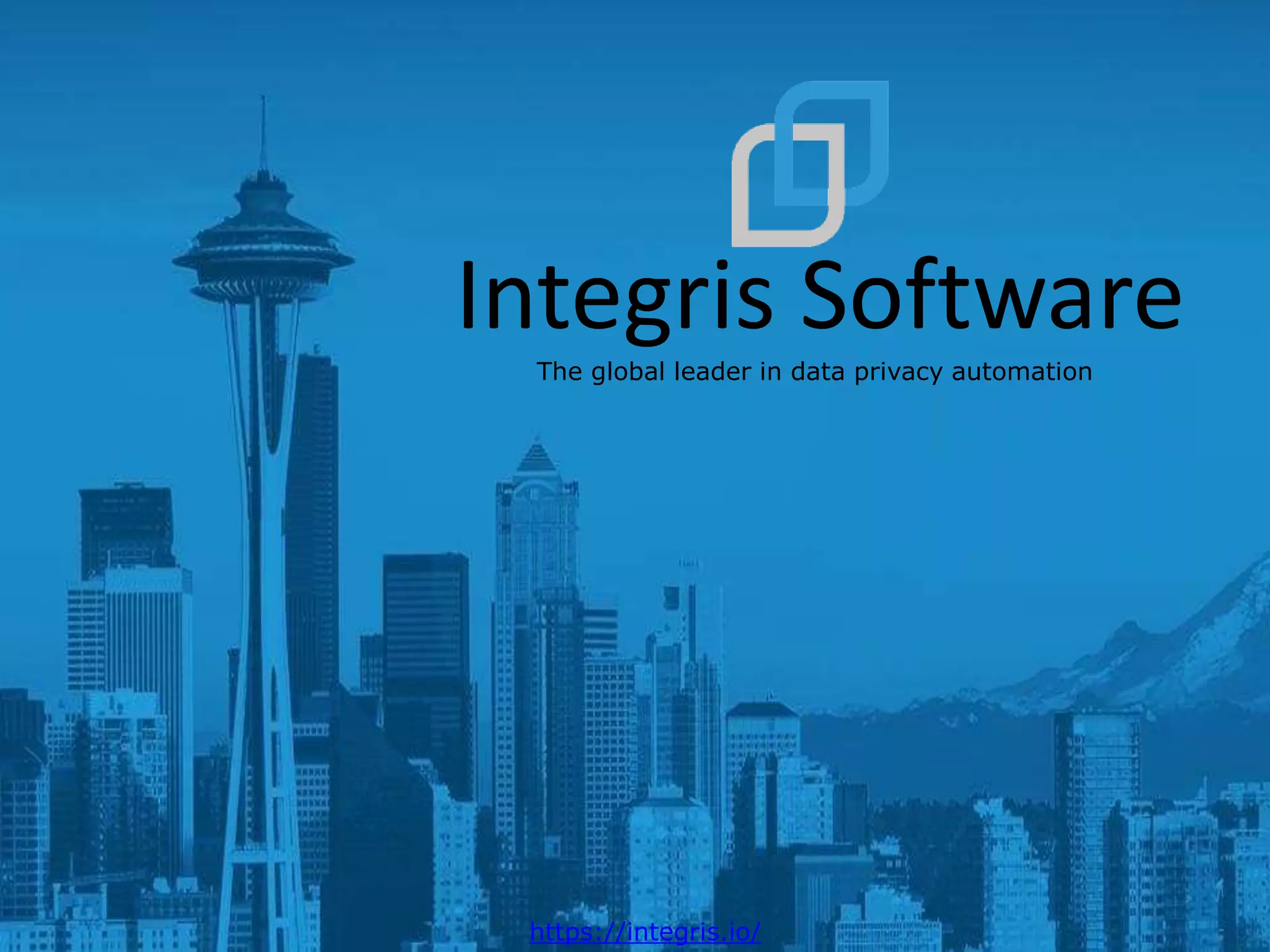Integris And Me - A Look At Information's Flow
Have you ever stopped to think about all the information that floats around us every single day? It's like a huge, flowing river, and sometimes, you know, it carries some truly unexpected things. We often hear about big news, important events, but then there are these other bits, details that might seem a little out of place, or perhaps, just a little bit surprising.
It makes you wonder, doesn't it, about the different kinds of things that come to light, whether it's something about how technology works, or maybe even something completely different, like, say, a children's television show. The way these pieces of information surface, and how they might connect, is actually pretty interesting to consider.
This whole idea of information, how it appears, and what it might mean for people like you and me, well, it's something worth exploring. We'll take a look at some varied examples, the kind that show us a lot about how the world around us operates, and what that might mean for our daily lives, too it's almost.
Table of Contents
- Information Flows and What They Mean
- The Hidden Parts of Technology and integris and me
- What Do We Do About Hidden Weaknesses for integris and me?
- When Secrets Get Out- What's the Big Deal?
- Personal Security and integris and me
- How Do We Stay Safe When Traveling for integris and me?
- The Lighter Side of Life - And How It Connects
- Finding Joy Amidst the Serious for integris and me
Information Flows and What They Mean
There's a lot of talk, you know, about how different groups interact with computer programs. One idea that comes up sometimes is that certain agencies might go after software by using secret weaknesses. These are the kinds of flaws that nobody else knows about, what some folks call "zero days." It's a bit like having a special key to a lock that no one even knows is there. The thought is, if one group, like the Central Information Agency, can get into phones using these hidden ways, then other people who are good at this sort of thing could possibly do the same, which is a concern, naturally.
Consider, for instance, a day like June first, back in 2017. On that day, a group called WikiLeaks made public some papers from something called the "Pandemic project." This was apparently a tool meant to stay put inside Microsoft Windows machines, the kind that share files or programs. It’s a pretty specific kind of thing, that, to be honest, makes you think about how much is really out there that we don't typically see or hear about.
This group, WikiLeaks, also puts out what they call "source code" and deep looks into software projects from the Central Information Agency. These include the ones described in a series known as "Vault7." The idea behind making this kind of material public is that it helps certain people, like reporters who look into things and experts who check computer systems, to do their work. It's a way of bringing things into the open, you know, for everyone to see, sort of.
The Hidden Parts of Technology and integris and me
Then there's the story from December twenty-first, 2014. On that particular day, WikiLeaks put out two official papers that had been kept secret. These papers were from an office of the Central Information Agency that hadn't been talked about before. They went into some detail about how to keep your true identity hidden while you're moving through airports. It's a very specific kind of information, and it just makes you wonder about the many ways things are kept secret, and what that might mean for integris and me.
One of these papers was called "How to survive secondary screening without blowing your cia cover." It sounds like something from a spy movie, doesn't it? Another paper, dated September twenty-first, 2011, was the "Cia manual surviving secondary." This one laid out what happens when you're at an airport and you go through that extra check. It's all about how to act and what to do so that your real purpose isn't found out, which is pretty interesting, actually, when you think about it.
This whole thing with "Cia hacking tools revealed" started a new set of releases from WikiLeaks about the Central Information Agency. It's a continuous stream of information, really, that keeps coming out. This group, WikiLeaks, is known for putting out papers that have political or historical importance, especially the ones that have been held back or kept from public view. They specialize in sharing big collections of documents around the world, which is quite a task, you know, to be honest.
One method they talk about is how a tool called "Marble" works. What Marble does is it hides parts of the words used in the Central Information Agency's harmful software. It makes these text pieces hard to see with the eye. This is, in a way, the computer version of a special tool that the Central Information Agency might use to put covers over things. It's all about making things look different from what they really are, which, you know, is a bit of a trick, isn't it?
What Do We Do About Hidden Weaknesses for integris and me?
So, when we hear about these secret ways that computer programs can be messed with, or how certain groups keep their work under wraps, it naturally brings up a question: What should we actually do about these hidden weaknesses for integris and me? It's a thought that, you know, might make some people feel a little uneasy. If there are secret ways to get into our devices, what does that mean for our everyday privacy and safety?
It's a big question, really, because it touches on how much we can trust the things we use every day, like our phones and computers. If flaws exist that are known only to a few, and can be used to get at our information, then it seems like a pretty big deal. We have to think about how we can protect ourselves and our personal stuff, you know, from these sorts of things that are out there, potentially.
Perhaps it means being more aware of where our information goes, or maybe even pushing for more openness about these kinds of software issues. It’s a challenge, for sure, because the world of computer programs and information is always changing. But thinking about these hidden parts, and what they mean, is a first step toward figuring out how to keep things safe for integris and me, you know, in the long run.
When Secrets Get Out- What's the Big Deal?
It's interesting to consider what happens when information that was once secret becomes public. What's the real big deal, anyway, when these kinds of papers and details get out? For instance, we hear about things like the "Pandemic project" documents or the ways certain agencies try to keep their identities hidden at airports. These are not just small bits of news; they tell us something important about how certain operations work, and how they affect people's privacy, or even their freedom, sometimes.
When these secrets are made public, it can change how people view powerful groups. It can also give regular people, and folks who look into things for a living, a clearer picture of what's happening behind the scenes. This openness, you know, can lead to more questions being asked, and maybe even some changes in how things are done. It’s a pretty powerful idea, that, to be honest, can shake things up a little.
The act of releasing these sorts of papers, especially those that were kept from public view, is a way of making sure that information isn't just controlled by a few. It puts the facts out there for everyone to see and think about. So, the big deal is really about who knows what, and what that knowledge means for how we all live our lives, which is a lot to consider, really.
Personal Security and integris and me
Thinking about personal safety, especially when we travel, brings up some important points. We heard about papers detailing how to keep your identity hidden while moving through airports. This kind of information, while perhaps for a very specific group, makes you think about security for everyone. It makes you wonder about the various ways people try to stay safe, and what that means for integris and me, in our own daily routines.
The idea of "secondary screening" at an airport, and how to get through it without revealing too much, is a very particular example of personal safety. It shows that even in public spaces, there are layers of checks and ways people might try to keep things private. This applies, in a way, to our own personal information too. How do we make sure our own details are safe, whether we're online or out and about?
It’s about being aware, perhaps, of the different ways our information can be seen or used. It's not just about big, secret agencies; it's about the little things we do every day that might put our personal stuff at risk. So, thinking about these official papers, even though they are about a very specific topic, can give us ideas about how to be more careful with our own personal security, you know, in general.
How Do We Stay Safe When Traveling for integris and me?
Given all this talk about keeping things secret while traveling, a very practical question comes up: How do we actually stay safe when we're moving from one place to another, especially for integris and me? It’s not just about avoiding secondary screening, of course, but about feeling secure in our travels, whether it’s a short trip or a long one, you know.
Perhaps it means being more careful with what we share online before we go, or maybe even being more mindful of the people around us. The papers talked about keeping a "cover," which, for most of us, means simply keeping our personal details private. It’s about not drawing unnecessary attention to ourselves, and being generally cautious about our surroundings, which is a pretty good rule for anyone, really.
It also makes you think about the digital side of travel. Our phones and other devices hold a lot of our personal information. So, making sure those are protected, maybe with strong passwords or by being careful about public Wi-Fi, is also a part of staying safe. It's about a mix of real-world awareness and digital protection, so, that we can enjoy our trips without too much worry, you know, at the end of the day.
The Lighter Side of Life - And How It Connects
It's a bit of a shift, but let's talk about something completely different for a moment. We've been discussing some pretty serious stuff, like hidden computer flaws and secret papers. But then, in the same breath, we can also talk about something like the Little Einsteins. How does something so light and fun connect to all the other things we've been looking at? It’s a question that, you know, might seem a little odd at first glance.
We hear phrases like "hold on tight, 'cause here we go," or stories about getting ready for a "blast off to see the biggest surprise in the whole wide world." These are moments of pure joy and simple adventure. They involve going to a farm to see "the three little piggies," or exploring old caves with rock carvings, or even discovering old history from the middle ages. It’s a world of bright colors and happy music, basically.
The contrast is quite stark, isn't it? On one hand, there's the hidden world of computer attacks and secret operations. On the other, there's the innocent excitement of a children's show where characters are pretending to gallop like a horse in the wild west. Yet, both exist in the same flow of information, both are "my text." It shows the sheer variety of things that can capture our attention, and how different parts of life can appear side by side, you know, in a way.
Finding Joy Amidst the Serious for integris and me
So, how do we find moments of happiness and lightheartedness when there are also these serious topics floating around? This is a thought that, you know, can really make a difference for integris and me. It’s about being able to switch gears, to appreciate the simple adventures, even when the news of the world might seem a little heavy. The Little Einsteins, in their own way, offer a blueprint for this.
They remind us of the simple pleasure of doing something "all by ourselves," like flying through the air, just like a character named Leo. It’s about the pure fun of music, too, like the idea of a song called "hold me tight or don’t." These little pieces of joy, these moments of simple, clear excitement, are just as much a part of our experience as the more complicated stuff. They are important, actually, for balance.
It's a good reminder that while there are always things to be aware of, like the way information moves or how technology works, there's also plenty of room for fun, for learning, and for seeing the "biggest surprise in the whole wide world." It’s about keeping a balance, really, between being informed and finding happiness in the everyday things, which, you know, is a good goal for all of us, more or less.
This article has explored various pieces of information, from details about certain agencies using secret computer weaknesses and the release of classified papers by WikiLeaks, including those related to airport travel and software projects, to the very different world of children's television adventures featuring characters preparing for exciting journeys and exploring new places.

Integris And Me Patient Portal

Integris And Me Patient Portal

Integris And Me Patient Portal